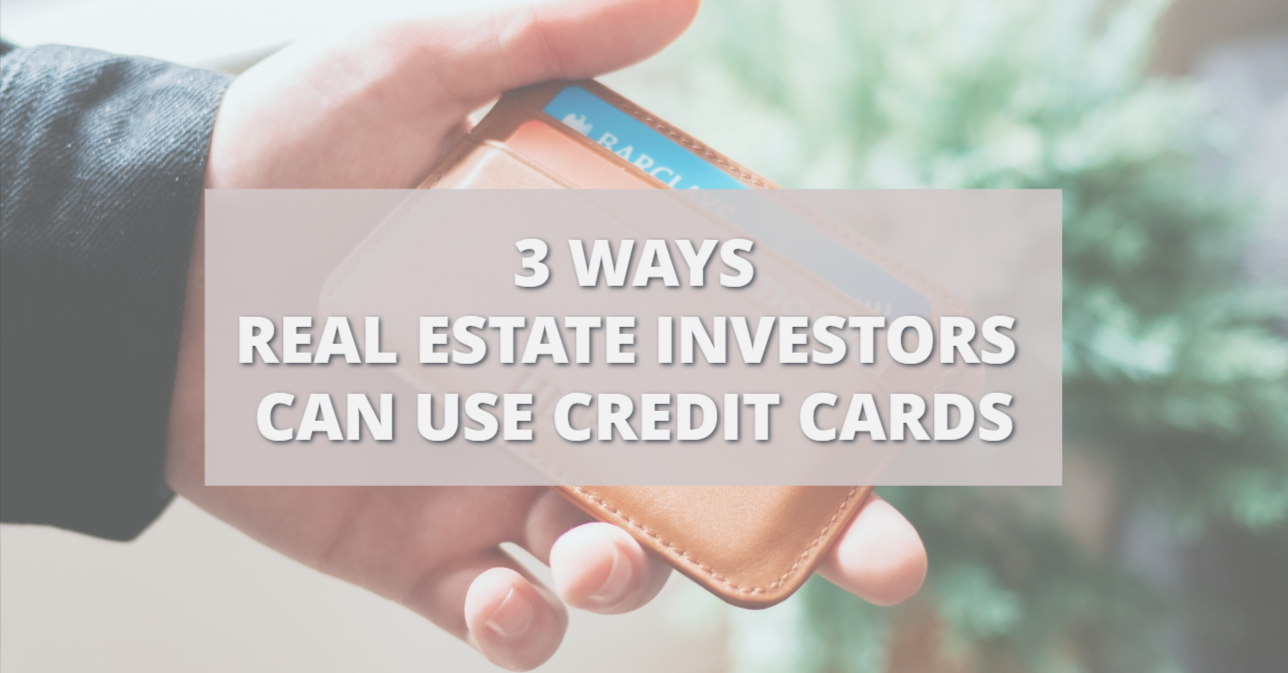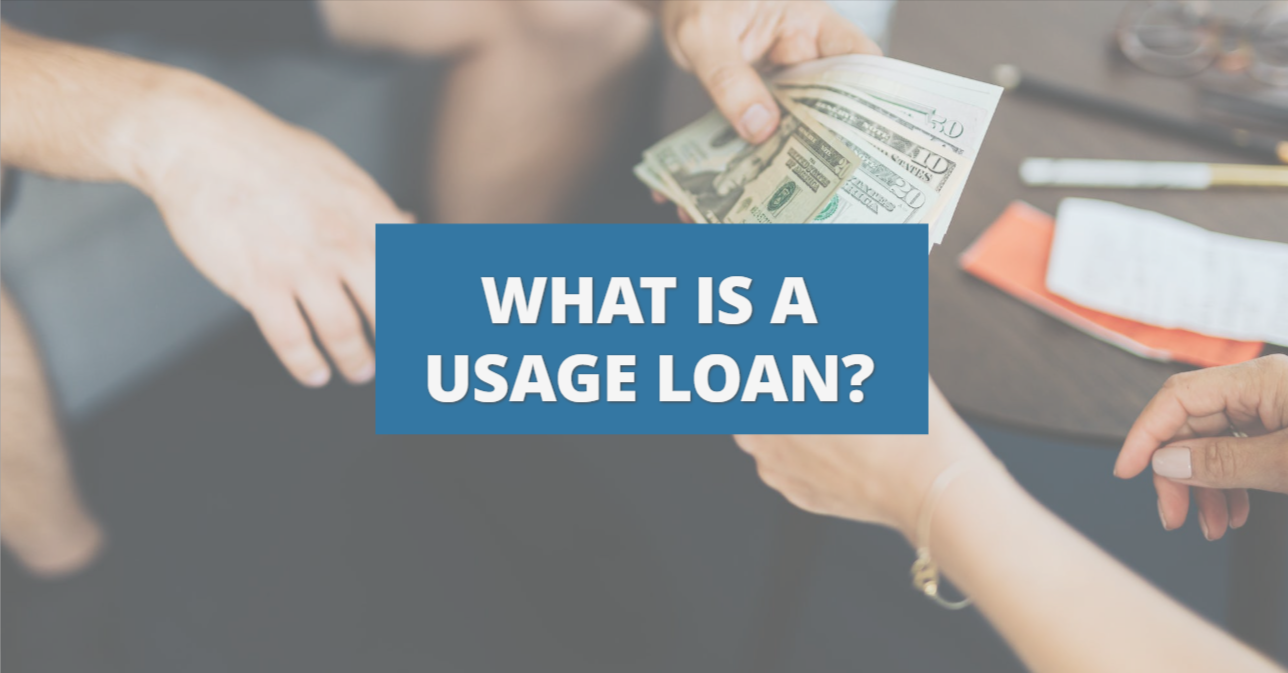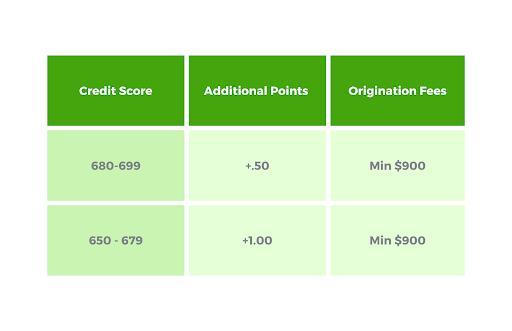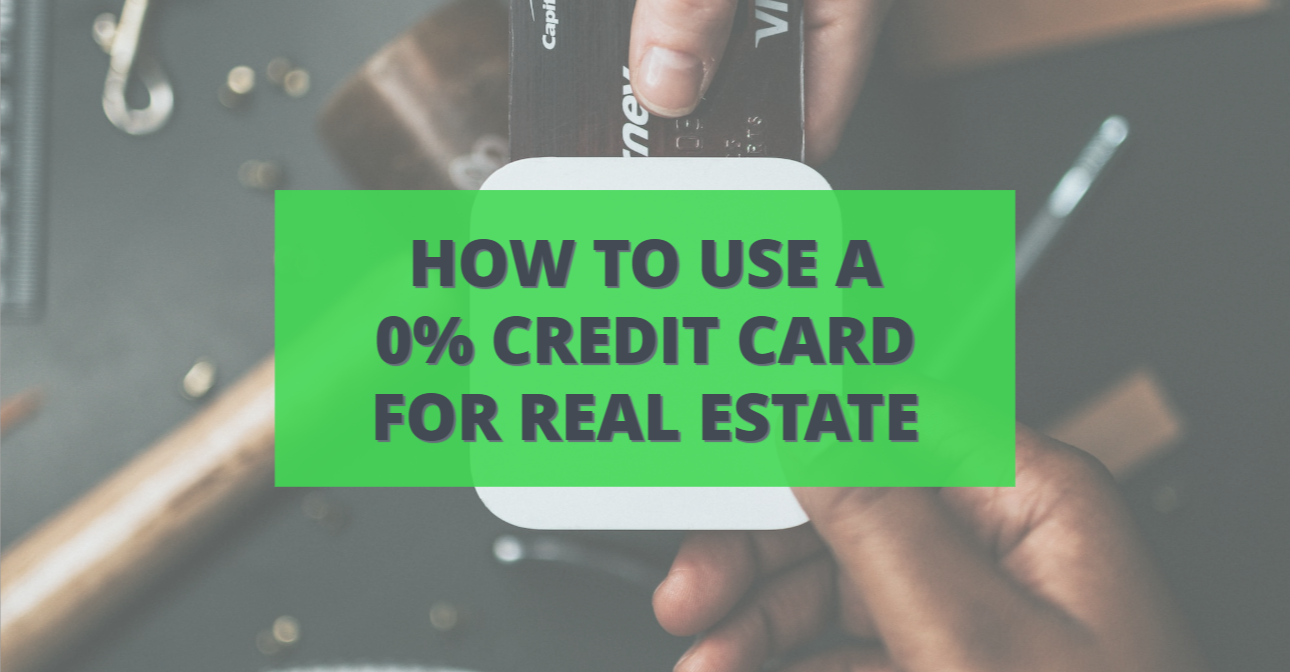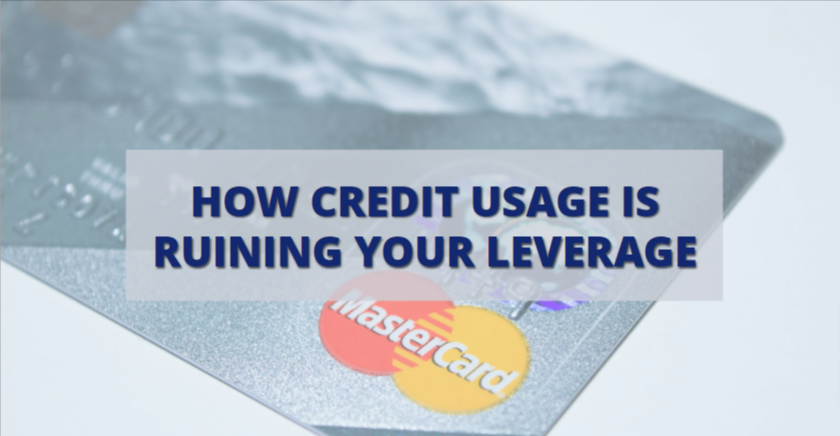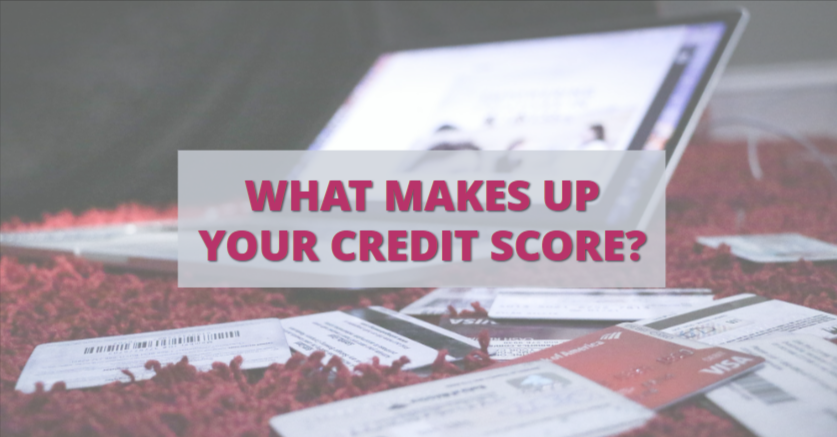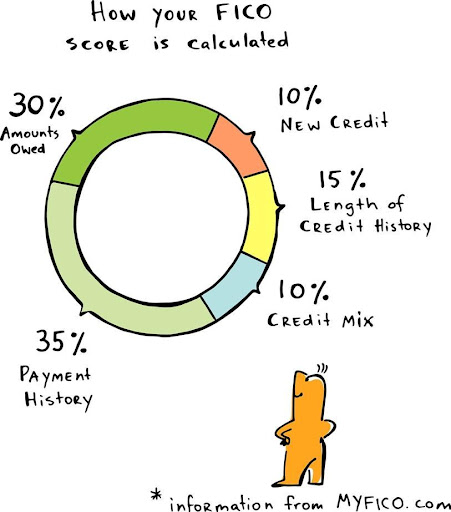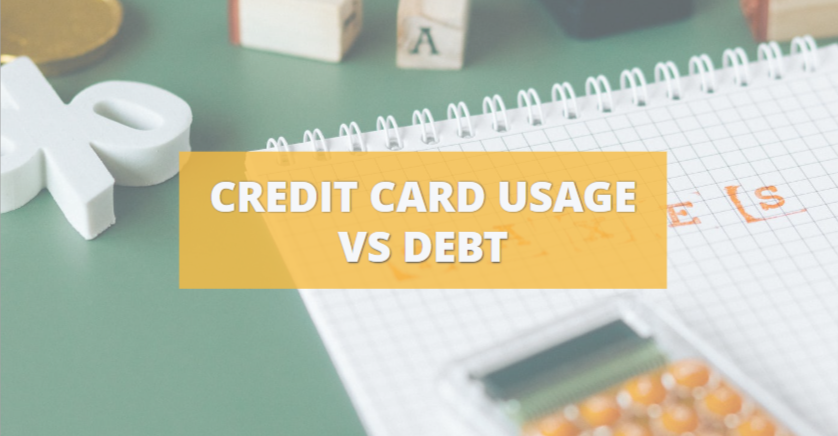Don’t be afraid. Unsecured lines of credit can be a valuable tool for real estate investors.
0% credit cards scare some people off. When used correctly for a business, however, there’s nothing to be nervous about.
Unsecured lines of credit can be a great tool to lower your cost and open up other forms of lending. In this post, we’ll go over how to successfully use 0% business credit cards and other unsecured credit to gain leverage for real estate investing.
Why We Recommend Unsecured Lines of Credit
At The Cash Flow Company, we’ve used business credit cards for our investments for over 12 years. The people here have used them, we’ve helped other people use them, and we understand first-hand that this is a great tool for investors.
Why are they so great?
Typically, the more money you have to put into a transaction, the better the terms you’re going to get on a loan. When you show that you have other lines of credit (or cash) available, lenders can open up doors that are otherwise closed for you.
When it comes to lines of credit – why pay 20%+ interest rates when there are 0-3% card options available to you?
Let’s look at three ways these credit cards and lines of credit can energize your business.
1. Using for Reserves or Down Payment
If you have unsecured lines, or even 0% credit cards, and move the money over to accounts, then you could use those funds as reserves or a down payment.
The more money you can put in as a down payment, the better your rate, terms, and cash flow will be. Maybe funds from a credit card could allow you to put 10% rather than 5% down. This change could lower your interest rate by 1-2%.
Lenders give better rates to lower loan-to-value deals – especially for bridge loans. Take advantage of this by using unsecured credit to get more money.
2. Saving Money on Interest
Typical interest rates on credit cards are around 19-29%.
Say you put $25,000 on a 24% credit card for an investment project. Over the course of a year, that’s about $6,000 in interest. Multiply that by however many projects you complete in a year, and the costs add up fast.
0% business credit cards just make sense. With these, you can pay $0 in interest for your first year or two, rather than an astronomically high 29%.
3. Protecting Your Credit Score
When you use credit cards on your personal account, the usage negatively affects your credit score. You can’t get great loans from banks and private lenders with a bad credit score.
These 0% credit cards and other unsecured lines should be put under your business name, not your personal name. When you use an LLC, this credit usage comes off your personal credit report.
The Right Way to Use Unsecured Lines of Credit
In real estate investing, you always need money. You have a money bucket that constantly needs refilled. This is just one way to fill it.
Using unsecured lines of credit is perfect for the right investor – someone who can treat the credit like a business.
With unsecured credit, you have to stay on top of it. If you put it on your cards, then you should pay it off when the property sells.
Using a 0% business credit card to fund your personal life leads to nothing but trouble. Misusing unsecured credit in this way is what gives it a bad name.
Investors who use this method get new credit cards every year with new 0% offers. Many investors use them as a stepping stone for the first year or two of their career. Leaning on credit cards early on eventually gets you the funds to move onto more secured or dependable financing sources later.
How Do You Get 0% Credit Cards & Unsecured Lines of Credit?
Curious about how to use 0% credit cards for your real estate investing business? Fund & Grow has some options for business credit that may be right for you.
If you want to put business credit in your name and get up to $250,000, we have a service just for you. Reach out at Info@TheCashFlowCompany.com for more information.

